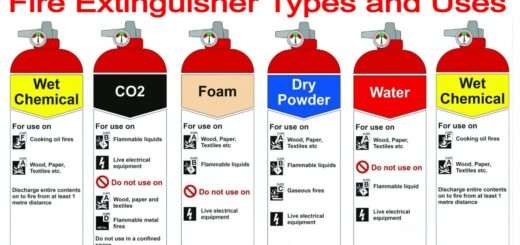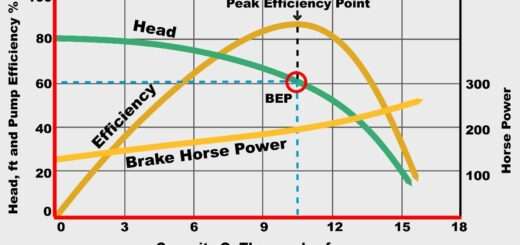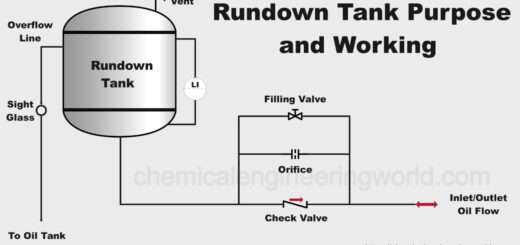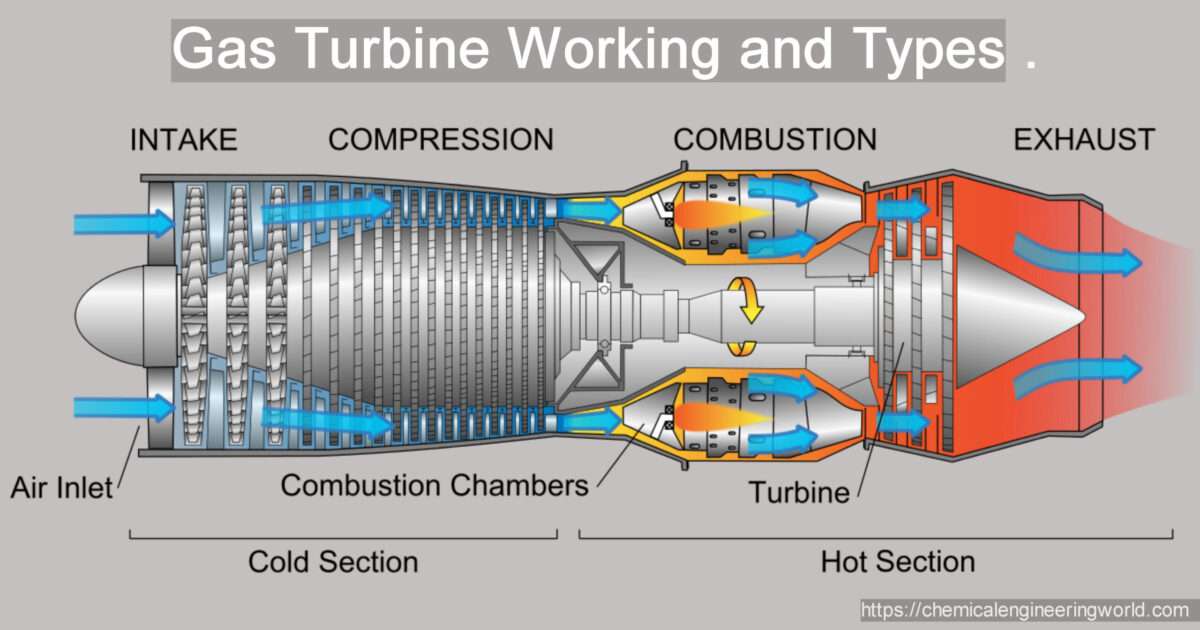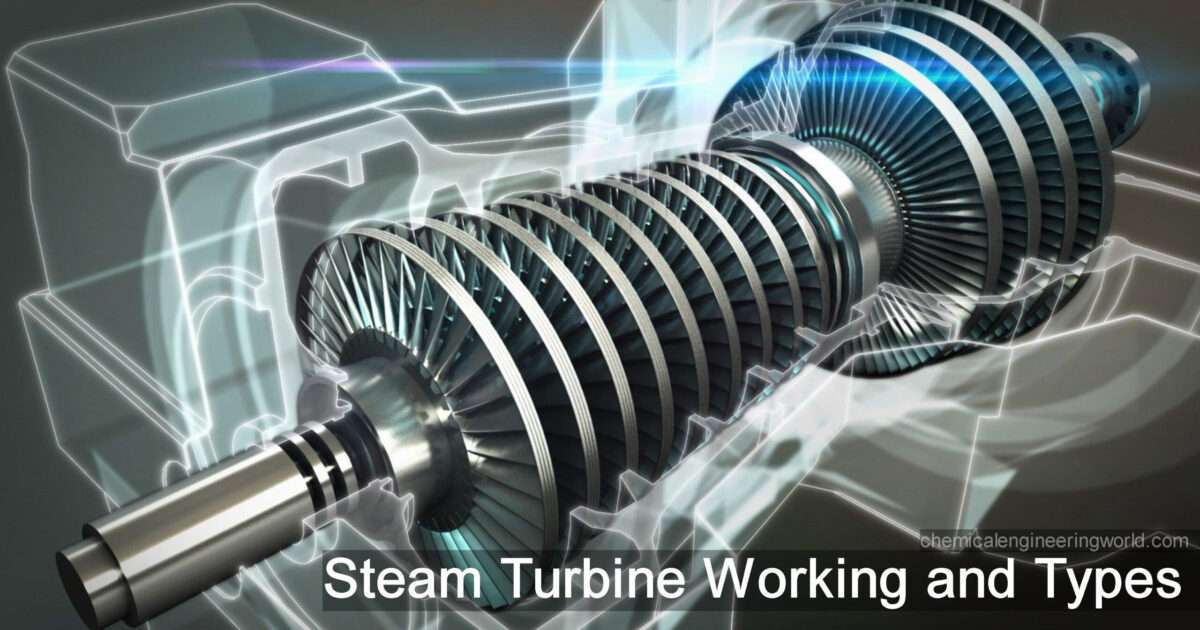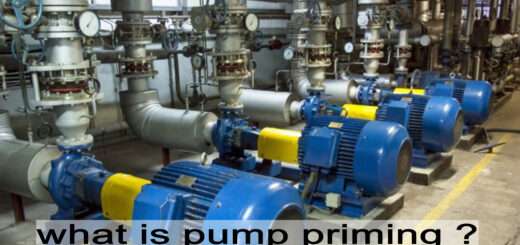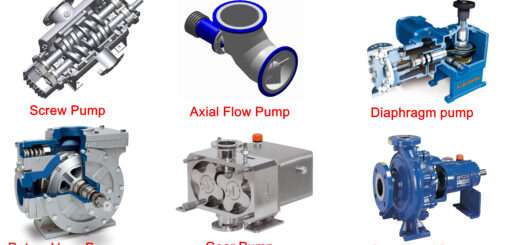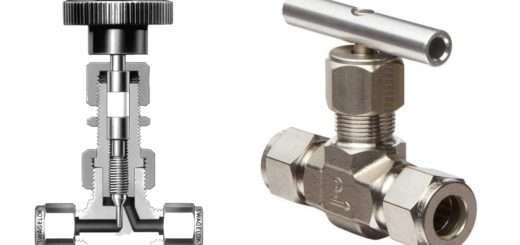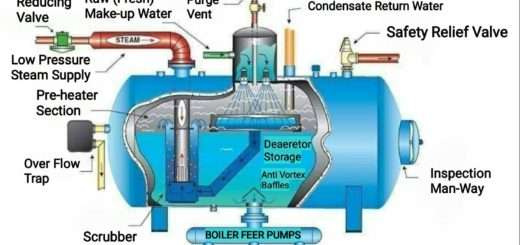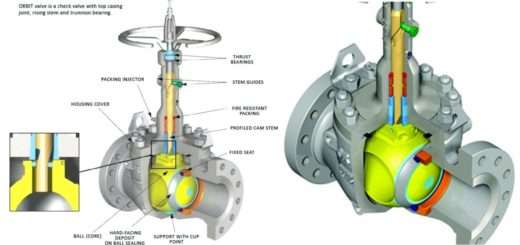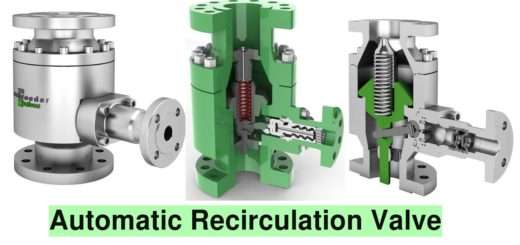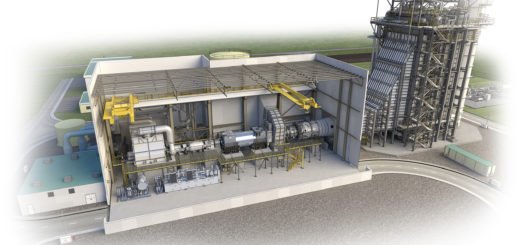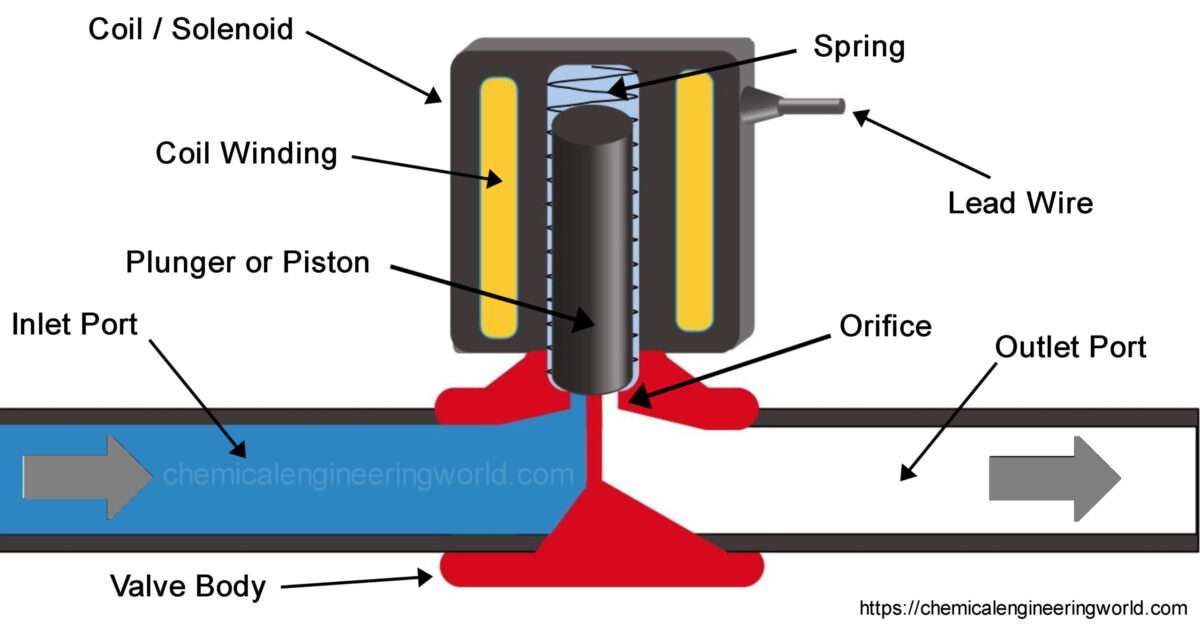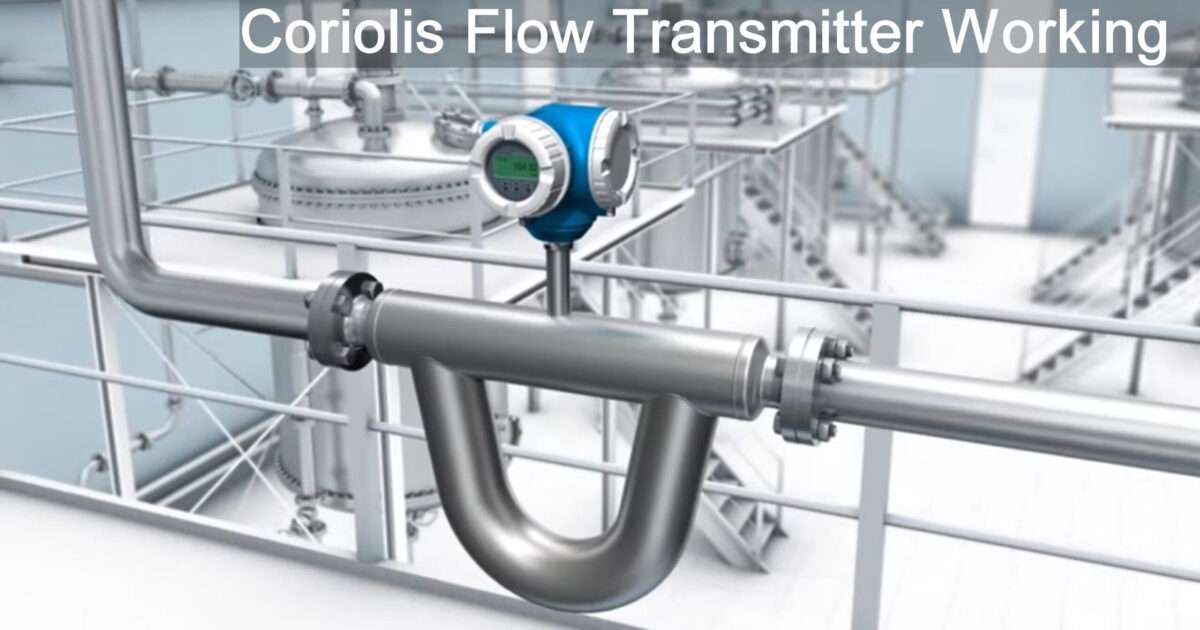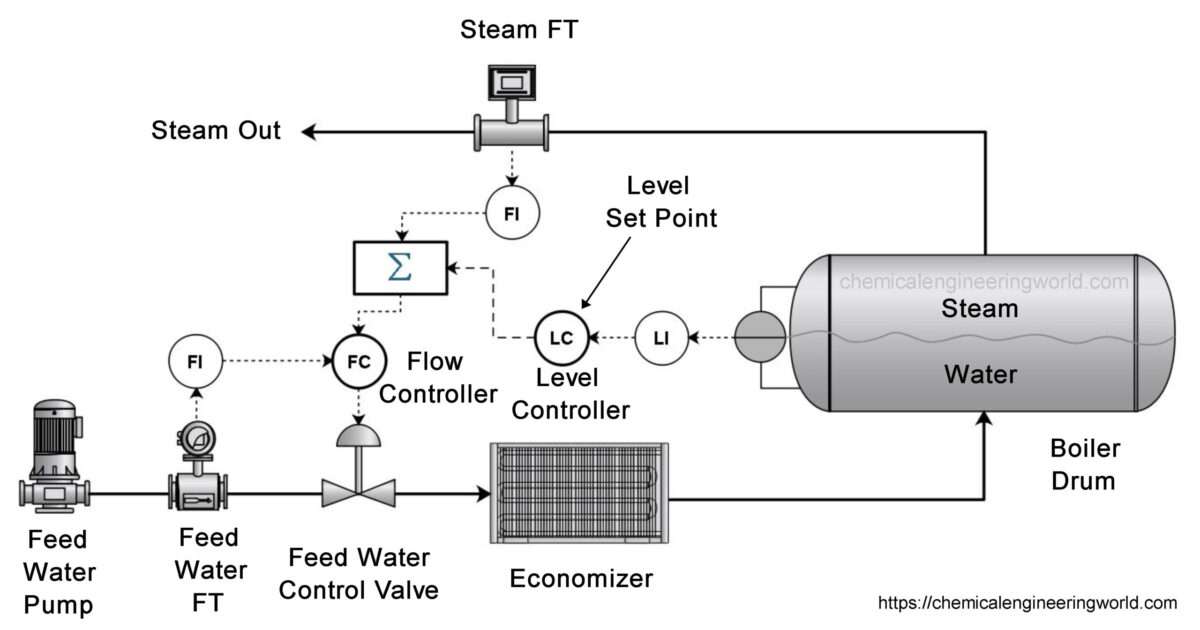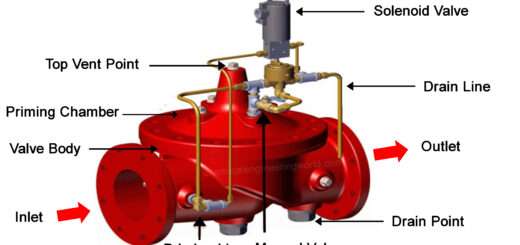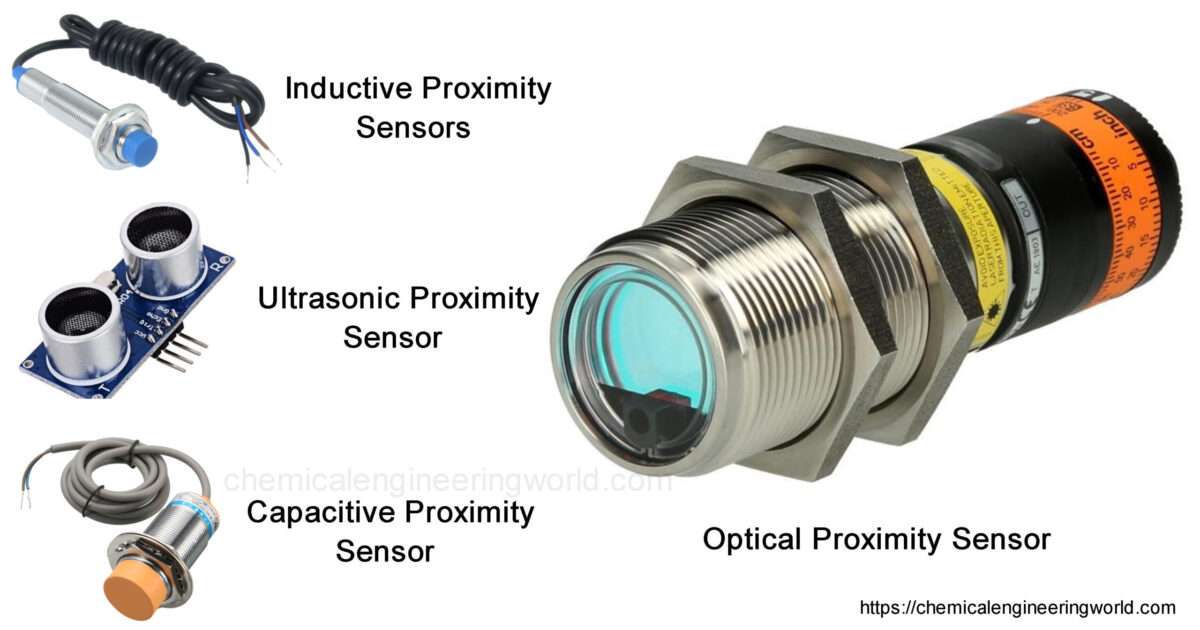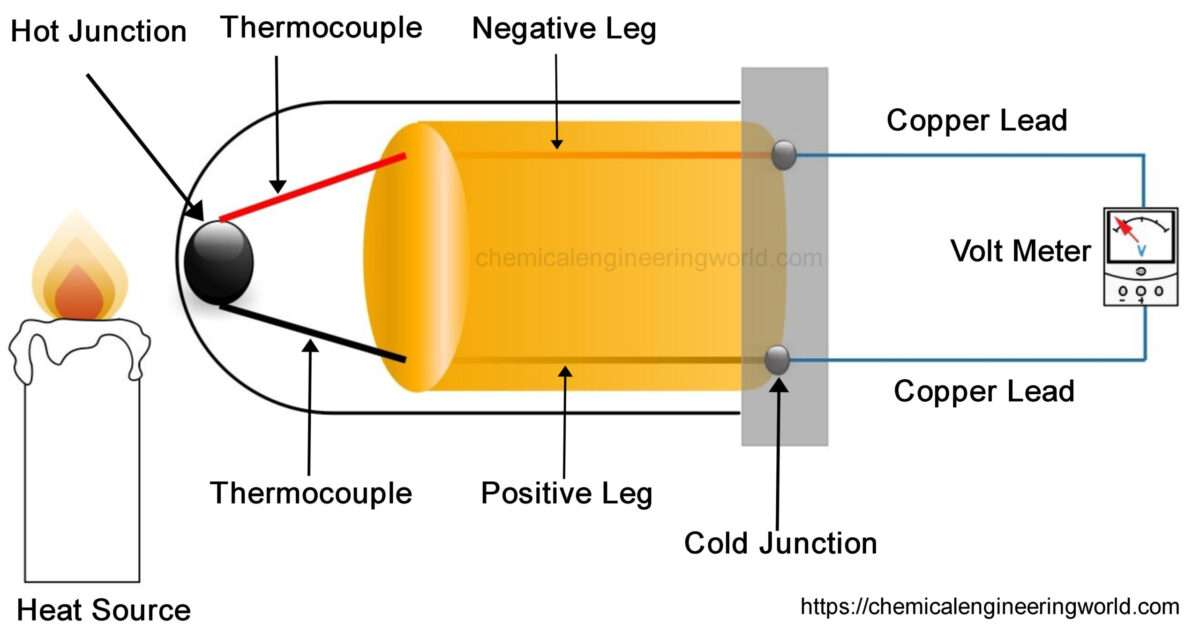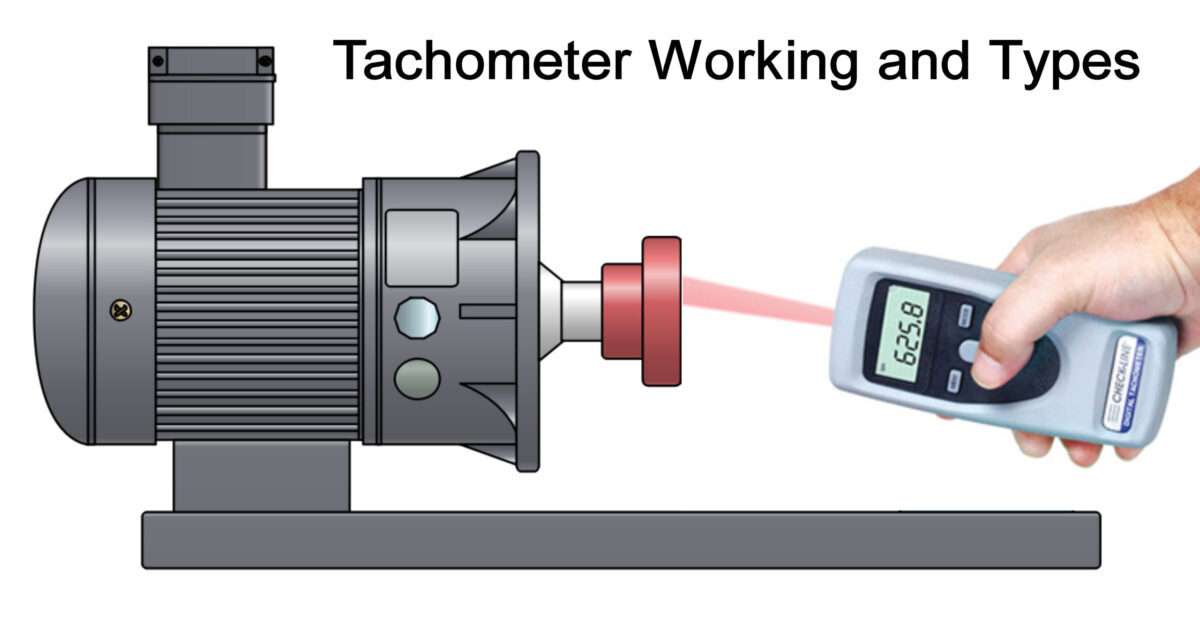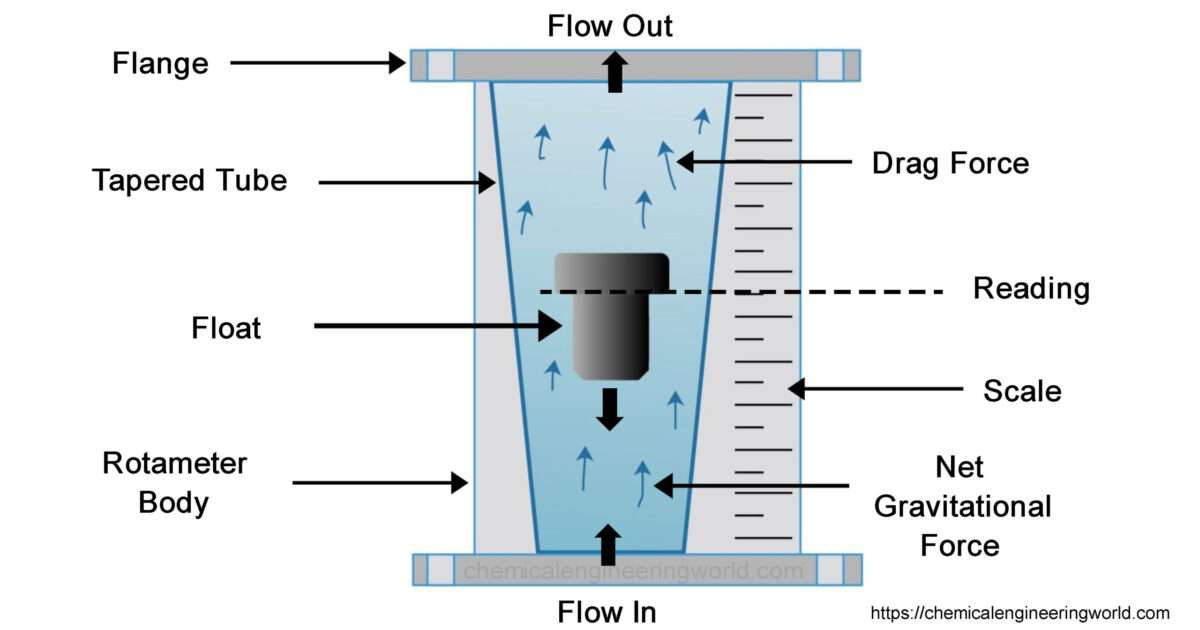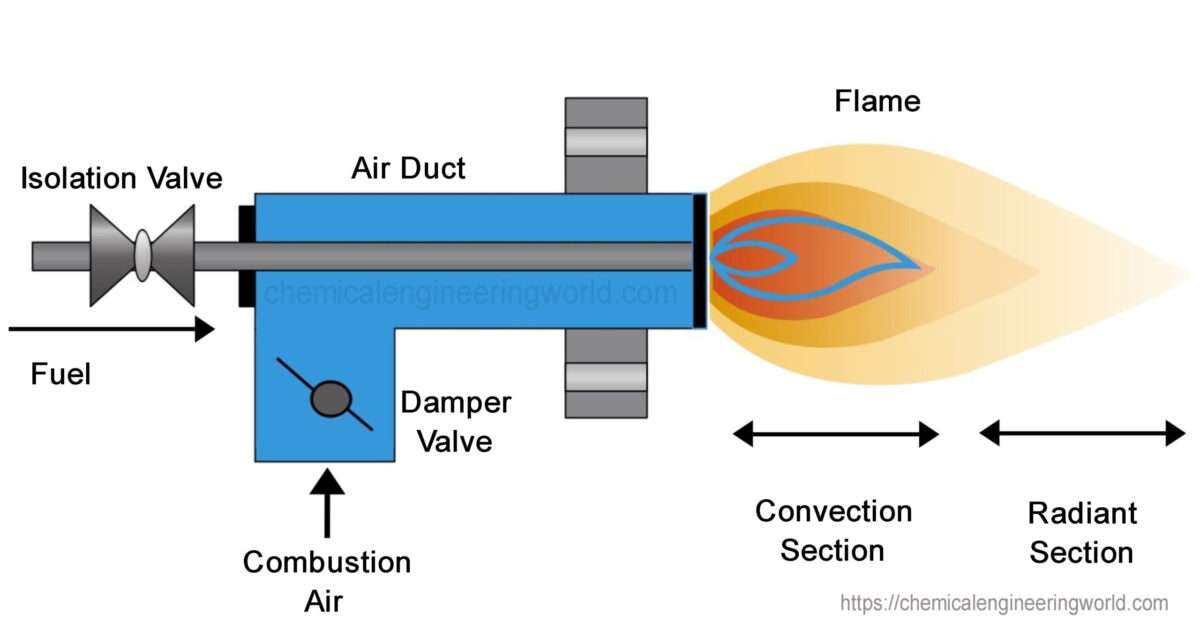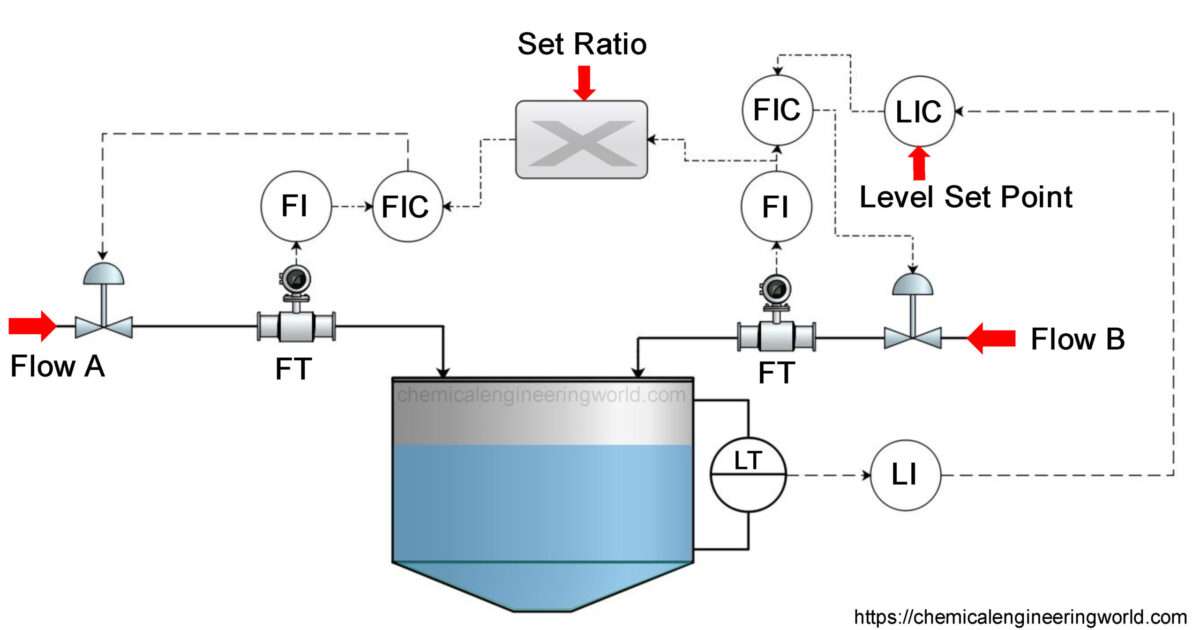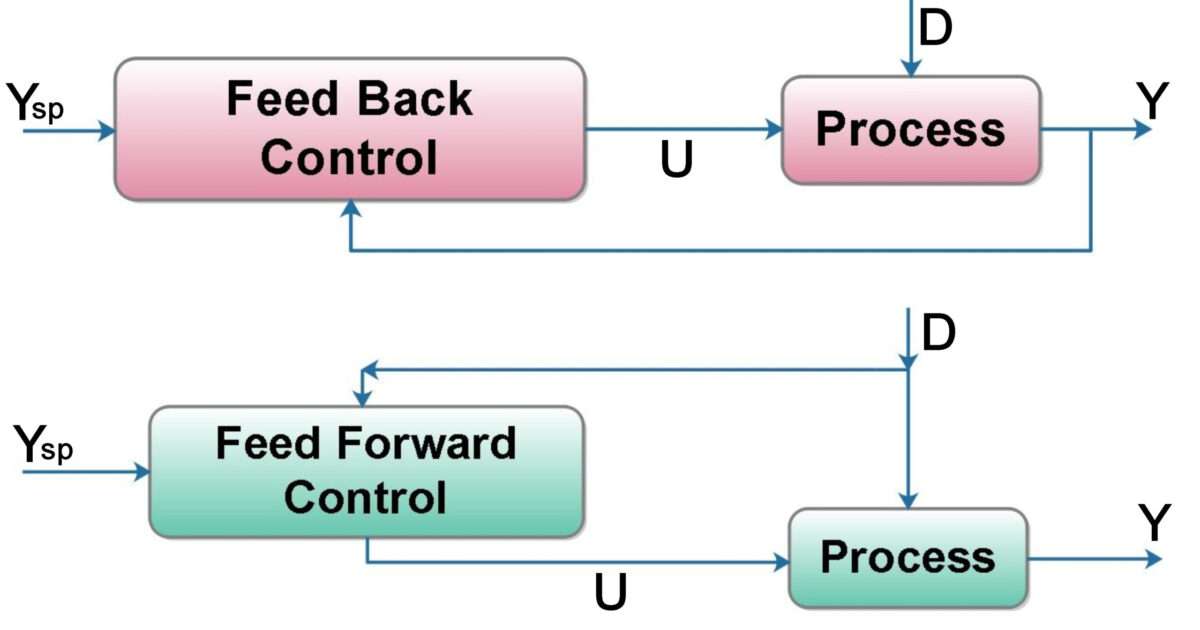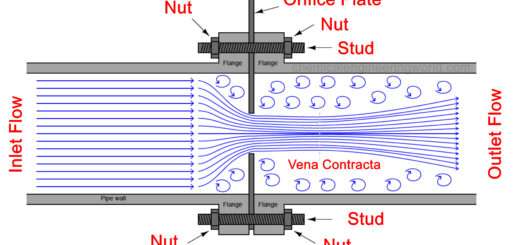Work Permit System
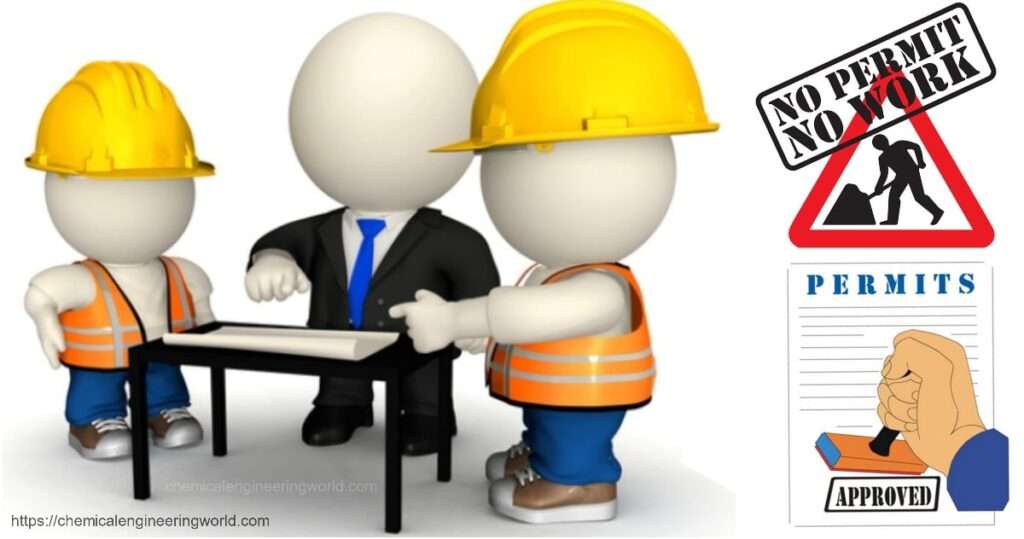
Work Permit System :- Safety is the most important parameter in any process plant. In the process plant, so many activities are performed daily some of them are hazardous. To reduce the risk level in those activities authorized person gives safety work permits. A work permit is nothing, but the permission given by a person who is familiar with the work environment and hazards involved in the work to ensure the safety of all the workers involved in the activity. It is a written document that authorizes specific work for a specific time only. For the same work at a different time, we need to take a work permit again. It is a consent between the issuer and receiver that work will be carried out with safety and all precautions will be taken care of. Work permit ensures a safe working condition. It describes the proper steps and guidelines for work like inspection, construction, cleaning, maintenance, repair, etc. proper work permit system will reduce the risk level in the industry and also reduces accidents, fire, explosion, and bad effects on the environment. Three copies of the work permit are made one for the issuer, second for the worker who is directly involved in the activity, and third for the safety department. The copy of the worker is submitted to the issuer after work is done to ensure that the work is completed without any concerns.
Based on the type of work different types of work permits are there in the process plant.
Types of Work Permit System
- Cold work permit
- Hot work permit
- Confined space permit
- Working at a height permit
- Excavation work permit
- Electrical work permit
Cold work permit
The Cold work permit is given when activity is not capable of supplying an ignition source or does not involve any hot work. This includes maintenance, cleaning, and inhouse work which does not supply an ignition source to flammable gases.
Hot work permit
The Hot work permit is given when work activity is capable of supplying an ignition source to flammable gases. Examples are welding, riveting, burning, cutting, grinding, hammering, etc. If a permit is not given then certain problems may create like flammable gas inserts in a working environment from any leakage, flammable gas may be heated up and an explosion takes place. To reduce these kinds of problems we need to give a hot work permit which ensures safety.
Confined space permit
The Confined space permit is given when a person needs to enter inside equipment for cleaning, maintenance, or any other purpose. Different types of confined spaces are there in process plant like a storage tank, reaction vessel, pressure vessel, boiler, silos, pipes, sumps, pits, etc. The confined space may contain hazardous gases, toxic gases, or oxygen deficiency. We need to isolate the equipment so that no process stream material enters the equipment.
Working at a height permit
Working at a height permit is required when a person is going to work on height (>2m). All fall accidents happen while working at height. 10-20% of the total accident is fatal. Two types of fall accidents are there: 1) Falling of person(s) 2) Falling of object(s).
Excavation work permit
The Excavation work permit is given when any excavation work by mechanical excavators or manual equipment is going on. While excavation it is possible that hazardous material may contaminate the soil. Also, it will provide safety to workers from exposure to any toxic substance.
Electrical work permit
The Electrical work permit is given when a person is working on any live or dead electrical equipment. Electrical work includes Energization and de-energization, Troubleshooting, maintenance, etc.
The work permit shall be issued for 8 hours (one shift) if required then it is renewed by the next shift in-charge. A maximum work permit is given for 7 days but clearance should be given in every shift change by visiting the site.
The work permit is not valid in certain conditions like any accident happens on the working site, Plant emergency comes during the permit period, job exceeds permit deadline, etc.


